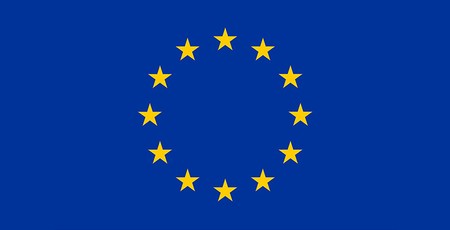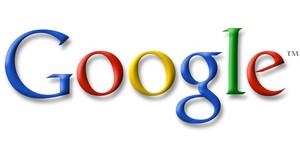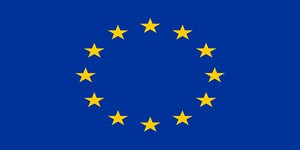Google hit by £1.29bn EC fine
March 21, 2019 | 11:31
Companies: #alphabet #european-commission #google

The European Commission (EC) has hit Google with a €1.49 billion (£1.29 billion) fine after an investigation found it had blocked search rivals from placing adverts on third-party websites via restrictive contract clauses.
Google's dominance in the world of search, at least in the west, is no secret: The European Commission found that the company held a market share above 90 percent in the European Economic Area (EEA) between 2006 and 2016 for general search and above 75 percent for online search advertising.
It's that dominant position that Google has been found guilty of abusing, following an investigation which found the company was not only locking its competitors out from placing adverts on Google's own pages - which is fair enough - but also on third-party pages, through exclusivity clauses in its contracts.
These clauses, the Commission found, prohibited anyone placing Google AdSense adverts on any of their websites from placing search adverts from Google's competitors on all of their websites. These clauses, which began to be included in contracts from 2006 onwards, were replaced in 2009 with new 'Premium Placement' clauses which swapped an absolute ban for a requirement that publishers put Google advertising in the most profitable spaces and request a minimum number of Google-provided adverts - again locking competitors out. From March 2009, the company also required publishers to seek written approval from Google before making any changes to advertising positioning or display - including adverts not provided via Google.
The Commission's investigation found that these contract terms were, effectively, an exclusive supply obligation in the first instance then a 'relaxed exclusivity' strategy in the second - both aimed at ensuring the Google adverts were the first, and often only, seen by visitors.
'Today the Commission has fined Google €1.49 billion for illegal misuse of its dominant position in the market for the brokering of online search adverts. Google has cemented its dominance in online search adverts and shielded itself from competitive pressure by imposing anti-competitive contractual restrictions on third-party websites,' explained Commissioner Margrethe Vestager of the decision. 'This is illegal under EU antitrust rules. The misconduct lasted over 10 years and denied other companies the possibility to compete on the merits and to innovate - and consumers the benefits of competition.'
The fine is based on breaches of European Union antitrust rules, and equals 1.29 percent of the company's 2018 turnover. The investigation only reaches to 2016, with Google having reportedly ceased the practices in July that year after the Commission issued it with a statement of objections - but the new ruling means it is legally unable to reintroduce any measures with the same or similar objective or effect.
The Commission's fine, which is one of the smaller it has levied against Google in recent years, may not be the only cash Google ends up paying out over the issue: The Commission has confirmed that rival companies and even individuals are free to bring civil actions against Google for any damages caused by the company's illegal actions.
The ruling comes just a day after Google's Kent Walker announced changes to the Android platform in Europe which will see new users being greeted by a browser ballot screen allowing them to choose to install a different browser than the default Google Chrome - a trick borrowed from Microsoft when its inclusion of Internet Explorer in Windows was deemed anti-competitive.

MSI MPG Velox 100R Chassis Review
October 14 2021 | 15:04








Want to comment? Please log in.